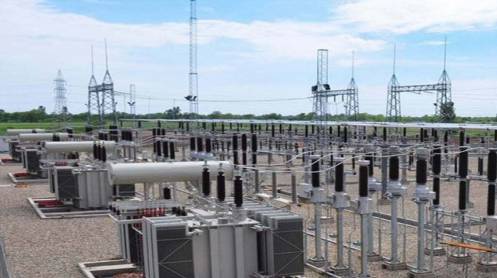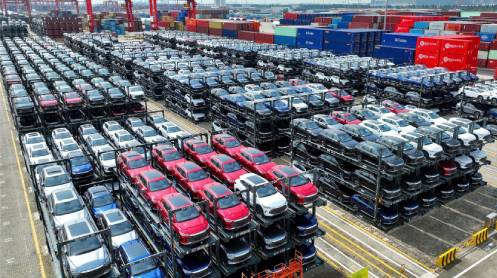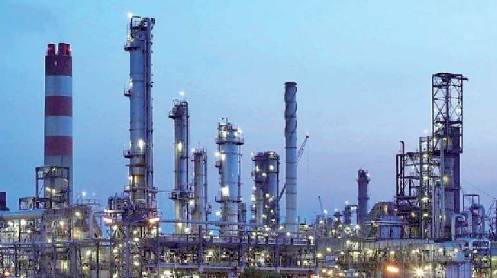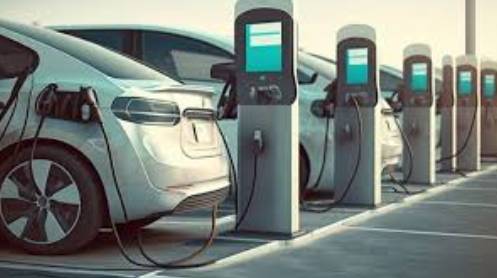ISLAMABAD: The federal government is considering reducing the Return on Equity (RoE) for public sector power projects, including hydro and nuclear plants, while encouraging Independent Power Producers (IPPs) to adopt similar measures, informed sources told Business Recorder.
This initiative emerged amidst pressure from the business community, notably from former Minister for Commerce Gohar Ijaz, who reportedly debated the issue with the current Minister for Power, Sardar Awais Leghari.
Nationwide, the business community is rallying against the high rates of return and exorbitant capacity payments made to power plants. In response, Prime Minister Shehbaz Sharif has established an Inter-Ministerial Committee (IMC), led by Minister Leghari, to review existing Power Purchase Agreements (PPAs) and protect consumers from losses due to power producers’ inadequacies. Sources indicate there is serious consideration within the Power Division on how to engage IPPs in renegotiating PPAs.
A delegation, including the power and finance ministers, has departed for China to discuss converting imported coal-based power plants to local coal and managing Chinese debt. This follows high-level interactions between both countries’ top authorities.
Gohar Ejaz emphasized, “Under the IPP agreements, Pakistan pays billions to companies that produce no electricity. The government must decide whether the survival of 240 million Pakistanis is more important than guaranteed profits for 40 families.”
Nadeem Babar, former aide to ex-Prime Minister Imran Khan on Petroleum, suggested that commoditizing electricity like other commodities could be a solution, but noted it requires opening up the system and reducing government involvement.
A recent meeting chaired by the federal finance minister discussed reducing RoE for government-owned power plants, including hydro and nuclear facilities. However, WAPDA opposed the proposal, arguing that its tariff structure subsidizes the entire energy value chain, reducing overall consumer tariffs. WAPDA highlighted that any reduction in equity would necessitate commercial borrowing at high interest rates, increasing consumer tariffs.
WAPDA’s chairman, in a letter to the finance minister, warned that reducing RoE could negatively impact loan covenants and financial strategies, potentially delaying or making critical projects like Diamer Bhasha, Mohmand dams, Dasu Hydropower Project, and Tarbela 5th Extension unviable.
WAPDA has already faced a RoE reduction from 17% to 10% without indexation in August 2020, causing significant financial losses. The chairman requested that WAPDA be excluded from the tariff optimization exercise, emphasizing that any further cuts could jeopardize the timely completion of strategically important projects.
Story by Mushtaq Ghumman







